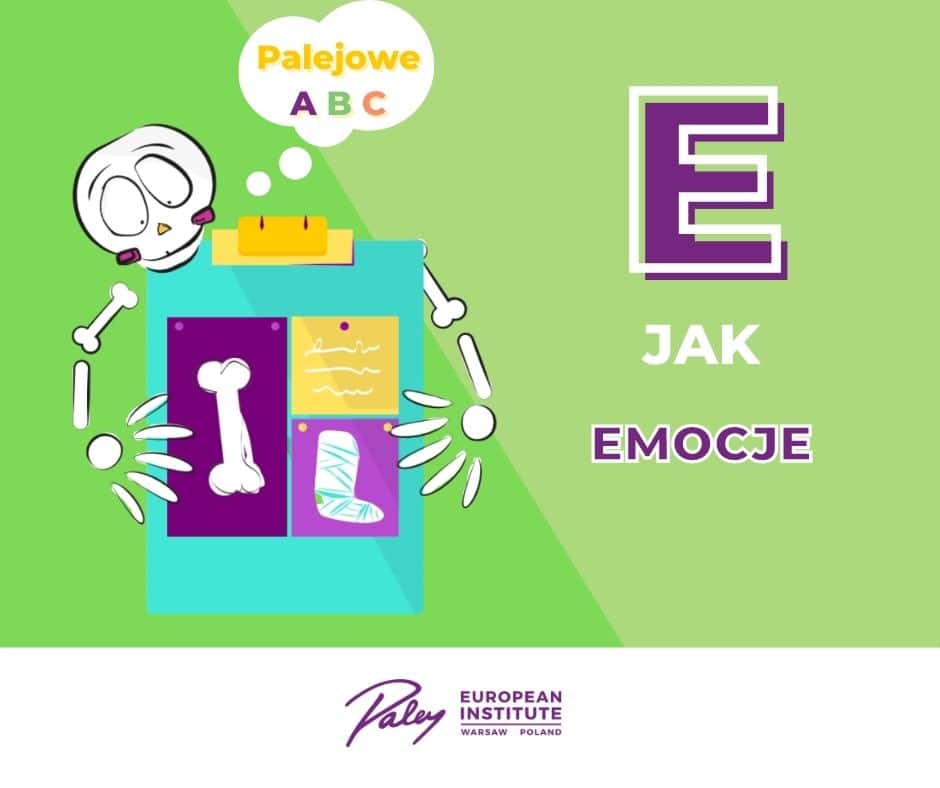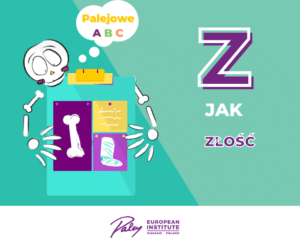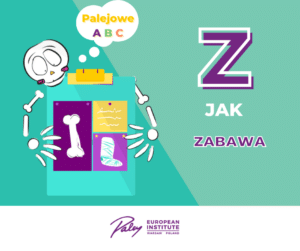Emotions add flavor to life experiences, they make us remember certain events better, others worse. They have an impact on how we make decisions. Above all, however, they inform us about whether our needs are being met at the moment or not.
All emotions are equally important and necessary, although not all are pleasant. Parents can sometimes be tempted to lead their children through life in such a way that they are not exposed to unpleasantness and focus only on feeling content, joy and peace. This task is doomed to failure, because there are moments and situations in life that we cannot protect our children from despite our best efforts. What’s more – it is important that unpleasant events happen sometimes, because thanks to them children learn to function in the world and in relationships with other people.
However, when children experience anger, frustration or sadness, caregivers may deny the feelings that arise. The little man can then hear that there is no reason to cry, that nothing has happened, or that he should stop getting angry. Most often, such words are spoken with good intentions – with the hope that the child will calm down when we reassure them that everything is fine or with the intention of growing into a strong, confident person who does not feel sorry for himself. any reason. Intentions are noble, but to achieve our goal we must help the child calm down. For this it is necessary to accept the feelings that arise in the child and in ourselves. This is an inconvenient and difficult task. The unpleasant emotions of other people cause us discomfort and fear, which we want to get rid of quickly. Hence the desire that the baby will stop crying or screaming as soon as possible. However, it is worth making the effort and supporting the child in learning to express and regulate emotions.
Denying your emotions does not make them disappear. They will still stay in us and grow up until finally, sometimes in a completely unexpected moment, under the influence of a seemingly insignificant and petty situation, they will find an outlet and they will pour out of the person. When we deny feelings that arise, we let the other person know that we don’t believe what they are experiencing. If such a situation occurs many times for a child and adults constantly question the meaning and truthfulness of his experiences, a situation may arise where the young person ceases to trust himself, his body and his feelings.
Emotions can be likened to waves at sea. They just are – they come and go. Even the most rough seas will calm down someday. Even in the calmest waters, there are stronger waves. The more we feel anger, sadness or even joy, the more our inner wave grows. When we feel calm, the waves are soft, almost invisible. Let’s learn to observe these waves from a safe place on the beach. Let us create conditions for ourselves and the children for these waves to flow in such a way that they do not harm ourselves and other people around us.
While supporting your child in developing and understanding what is happening to him, let’s focus on naming his feelings. Let us ask about what he is going through at the moment and do not underestimate his condition. The fact that nothing serious happened from an adult’s perspective does not mean that the child also interprets the event in the same way.
It happens that parents worry about their children’s outbursts. They are concerned that they cannot get along with the baby when it is very upset. This is a completely natural situation that also happens with adults. When we experience strong emotions, our ability to think rationally and logically is pushed further down the track, and only impulsive responses come to the fore. If we want to show the child a different path of action, if we want to behave differently in times of anger, let us postpone discussions on this topic until we and the child are calm.
People learn best when they are relaxed and content. In moments of strong emotions, we are focused on fight or flight. Depending on the situation and previous experiences, it can also lead to a state of freezing, which makes a person withdraw from the situation, become passive, resigned and helpless. Although from the outside, he may look calm to an outside observer, in fact he experiences a lot of tension inside, which prevents him from making decisions and learning new things.
Despite the growing awareness of the role of emotions, many people are still able to answer only “good” or “bad” when asked how they feel. Children and adults alike find it easier to deal with emotions when they are aware of what they are feeling. The words “good” or “bad” do not show the full range of emotions that we may actually be experiencing at any given moment. After all, these short, simple statements can hide a lot of feelings: from joy, satisfaction, hope or peace to anger, disappointment, depression or despair.
When we express our emotions clearly and teach children how to do it, we increase our chances of being heard and understood in communication with others in the way we want. Of course, we are never sure how the other side will understand us and interpret our words. Therefore, it is worth remembering that effective communication requires the will of both parties.






